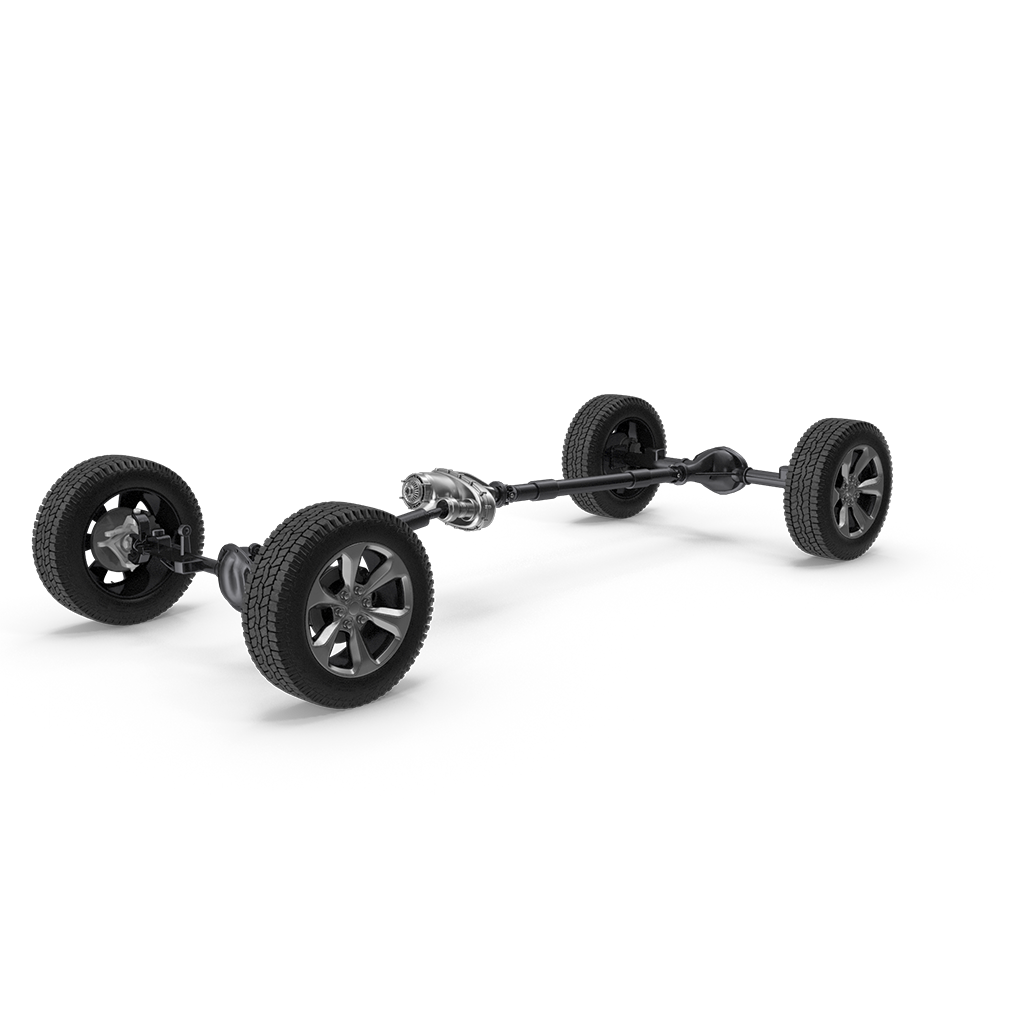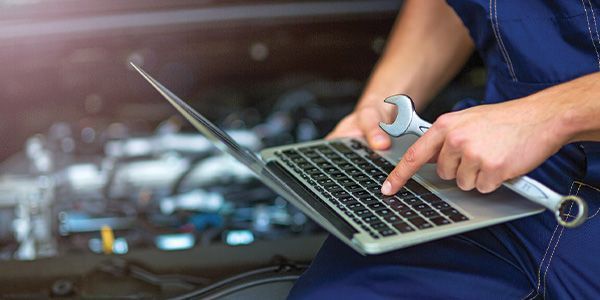4WD Services
Our 4WD Services: Maximizing Off-Road Capability and Safety
Comprehensive 4WD Services
Explore our extensive range of 4WD services designed to ensure your system performs when you need it most:
Standard 4WD Checks:
Fluid Level and Quality Check: Ensuring all necessary fluids, such as differential fluid and transfer case fluid, are at the correct level and condition.
4WD Activation Test: Verifying the proper engagement and disengagement of the 4WD system to guarantee functionality on demand.
Advanced 4WD Solutions:
All-Terrain Upgrades: Enhancing your 4WD system with high-performance parts for superior off-road capability.
Custom 4WD Adjustments: Tailoring your vehicle’s 4WD settings for specific terrains or personal preferences.
Common Four-Wheel Drive System Failures
Four-wheel drive (4WD) systems are critical for providing enhanced traction in challenging conditions, but they can experience wear and failures. Here are the main components prone to failure:
- Transfer Case: Issues can include fluid leaks and bearing failures, impacting the ability to change drive modes.
- Differentials: Failure typically arises from inadequate lubrication, causing noises like whining or grinding.
- Drive Shafts: Worn joints or broken shafts can interrupt power transmission to the wheels.
- Actuators and Solenoids: Electrical faults in these components can prevent the 4WD system from engaging or disengaging correctly.
- U-Joints and CV Joints: Damage to these joints may cause vibrations and affect vehicle control.
- Hubs: Malfunctions in manual or automatic locking hubs can stop the 4WD from engaging when needed.
Regular maintenance and prompt repairs are essential to keep these systems operational and extend the life of your 4WD vehicle. Regular checks ensure reliability and performance, especially before using the vehicle in off-road or harsh conditions.
Find 4WD Services Near You!
Four Wheel Drive Service Frequently Asked Questions
What happens if I don't service my 4-wheel drive system?
Neglecting 4WD service can lead to premature wear, overheating, and potential failure of critical components like the transfer case or differentials. This can result in costly repairs, reduced vehicle performance, and compromised safety, especially in challenging driving conditions.What are the signs that my 4-wheel drive system needs service?
Common signs that your 4WD system needs service include difficulty shifting into or out of 4WD mode, grinding noises, vibrations when driving, fluid leaks, or warning lights on the dashboard. Addressing these issues early can prevent further damage to the system.What is a 4-wheel drive service, and why is it important?
A 4-wheel drive service involves inspecting, maintaining, and servicing the components of your vehicle’s 4WD system, including the transfer case, differentials, and drive shafts. Regular service ensures your 4WD system operates smoothly, providing better traction, performance, and safety on various terrains.How often should I service my 4-wheel drive system
The service interval for a 4WD system varies by vehicle and usage but is generally recommended every 30,000 miles or as specified in your vehicle’s owner’s manual. More frequent service may be needed if you regularly drive off-road, tow heavy loads, or operate in extreme conditions.What does a 4-wheel drive service include?
A typical 4WD service includes inspecting and replacing fluids in the transfer case and differentials, checking the drive shafts, U-joints, and CV joints, and inspecting seals and gaskets for leaks. This ensures the system remains lubricated, clean, and free of contaminants that can cause damage.Can I drive in 4WD mode all the time?
While some modern vehicles are designed for full-time 4WD use, most traditional 4WD systems should only be engaged when needed, such as in off-road conditions, snow, or mud. Driving in 4WD on dry pavement can lead to excessive wear and damage to the drivetrain components.What is the difference between 4WD service and AWD service?
4WD and AWD systems differ in how power is delivered to the wheels, and the maintenance requirements vary. 4WD service often involves additional components like a transfer case and locking differentials, while AWD service may focus more on the center differential or coupling system.







